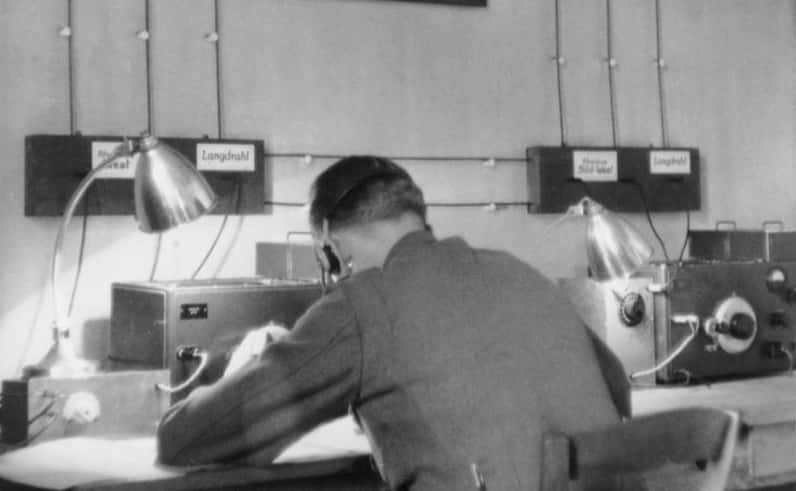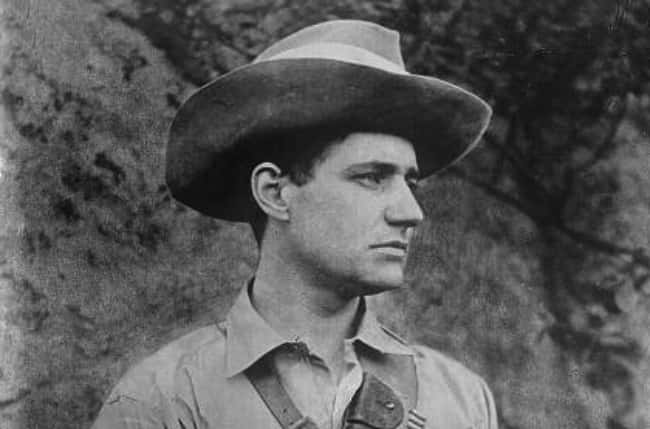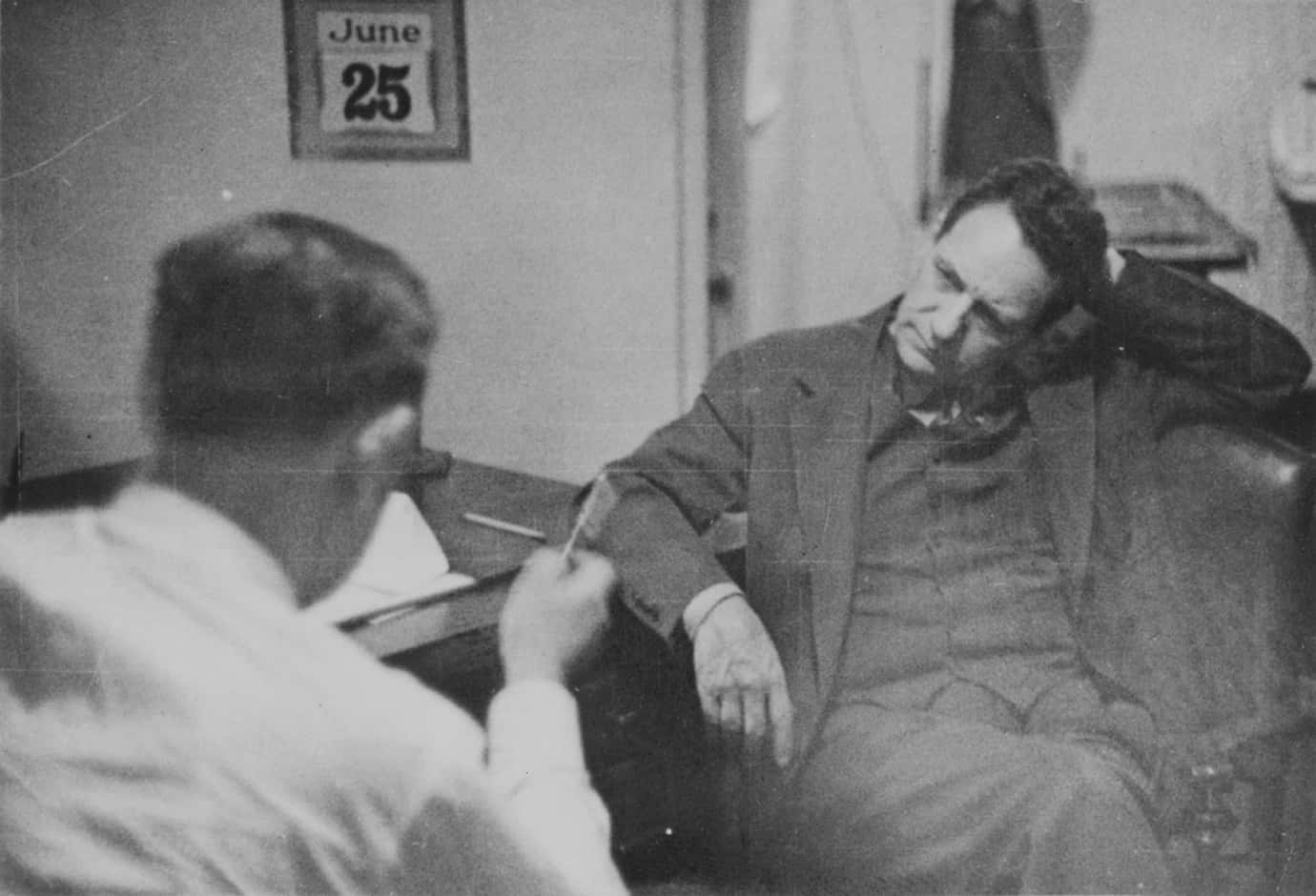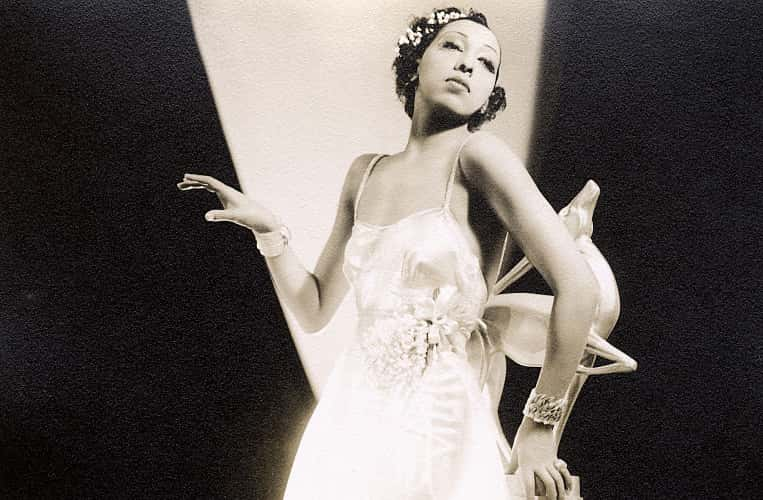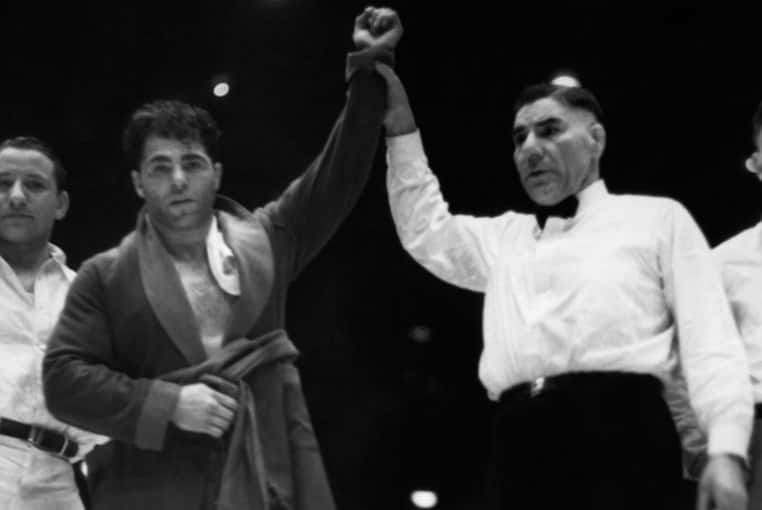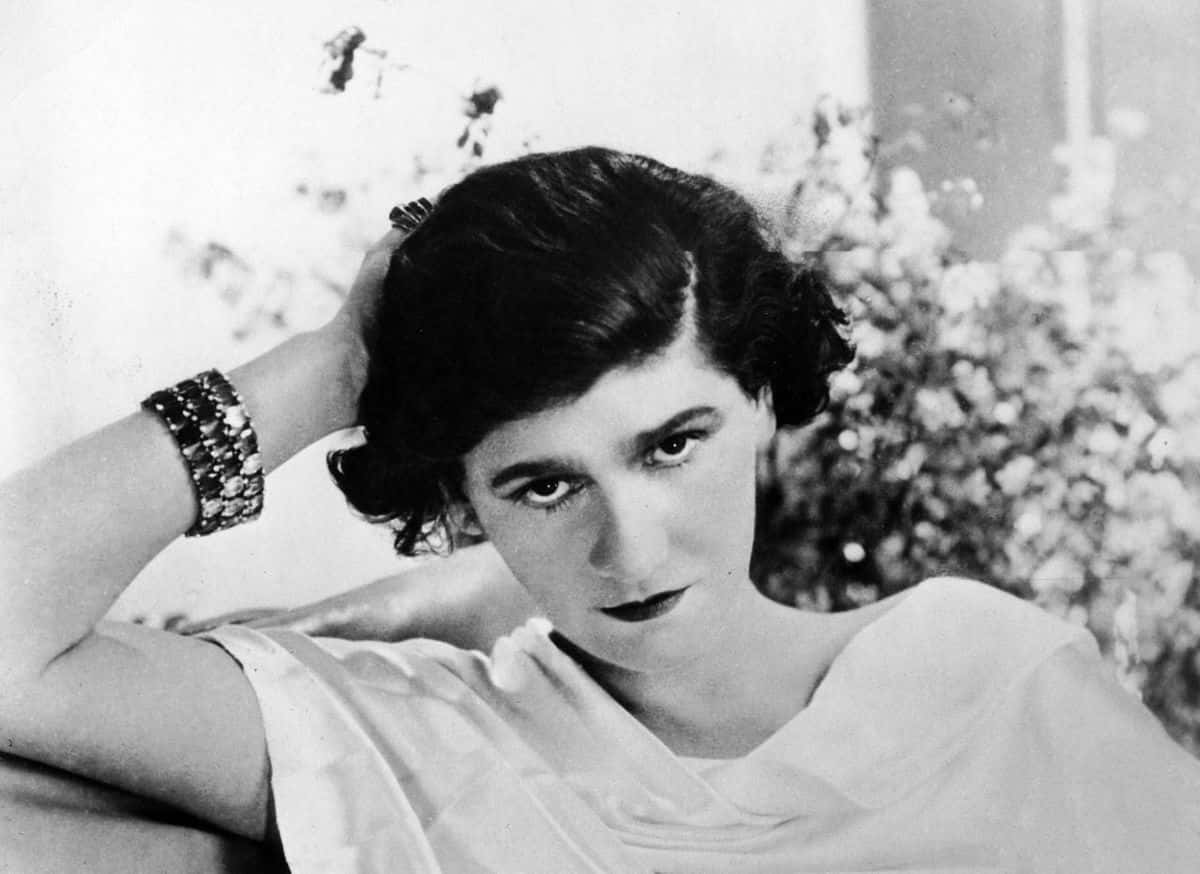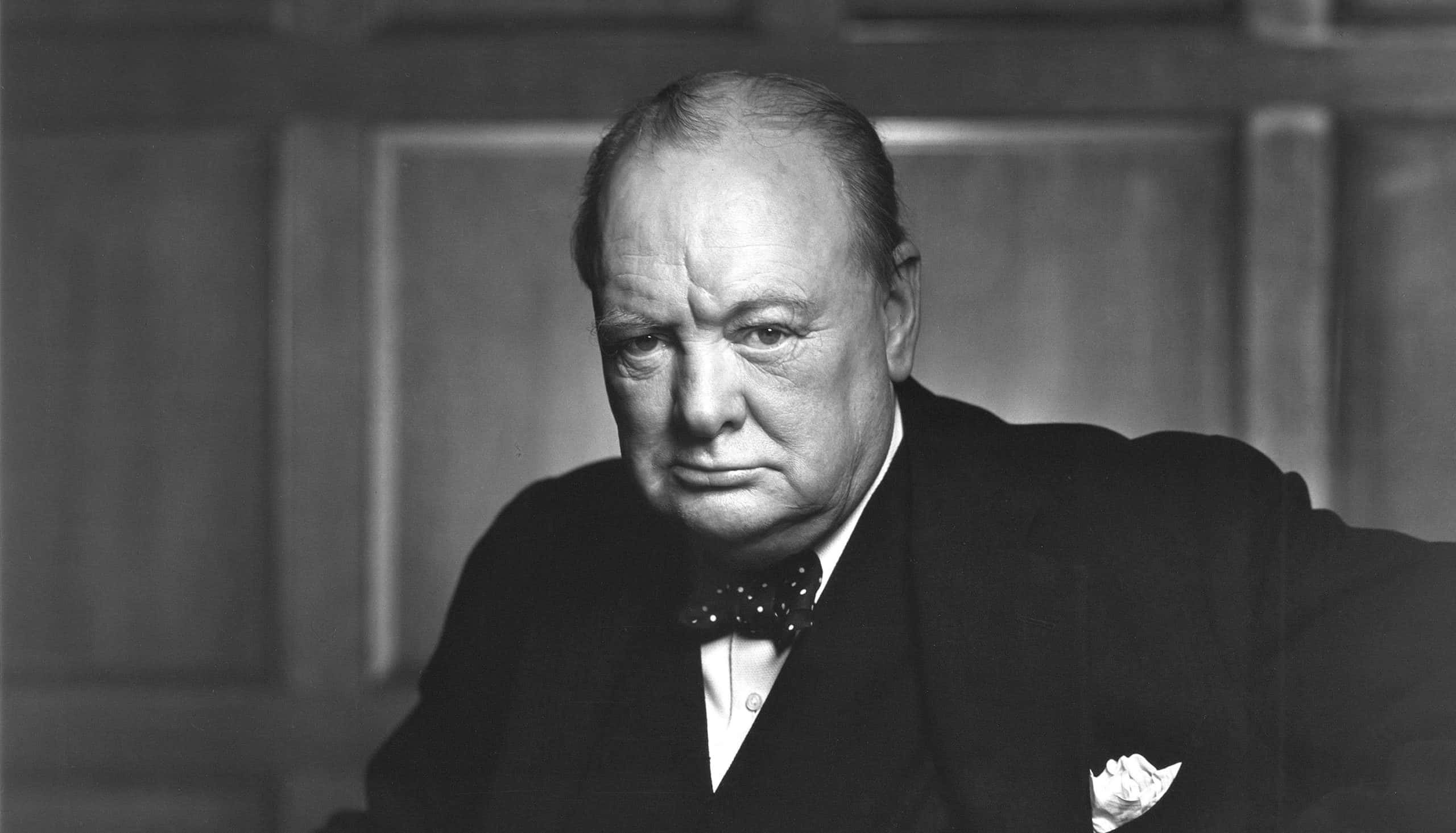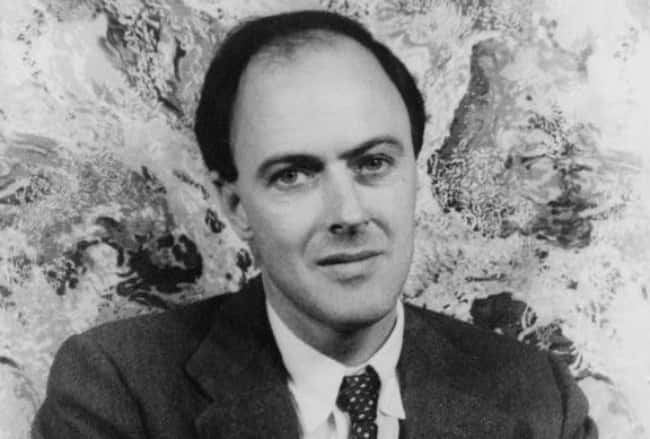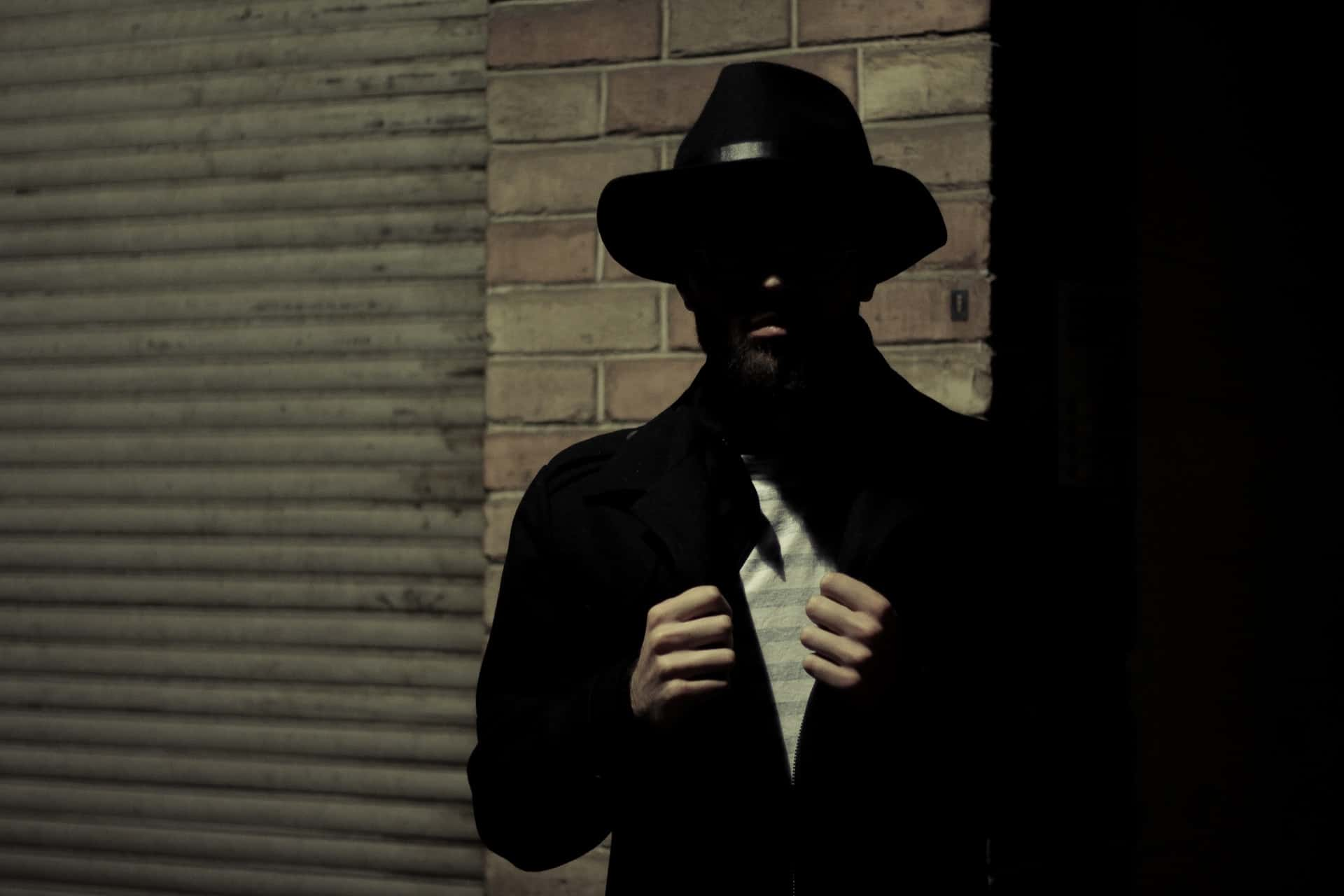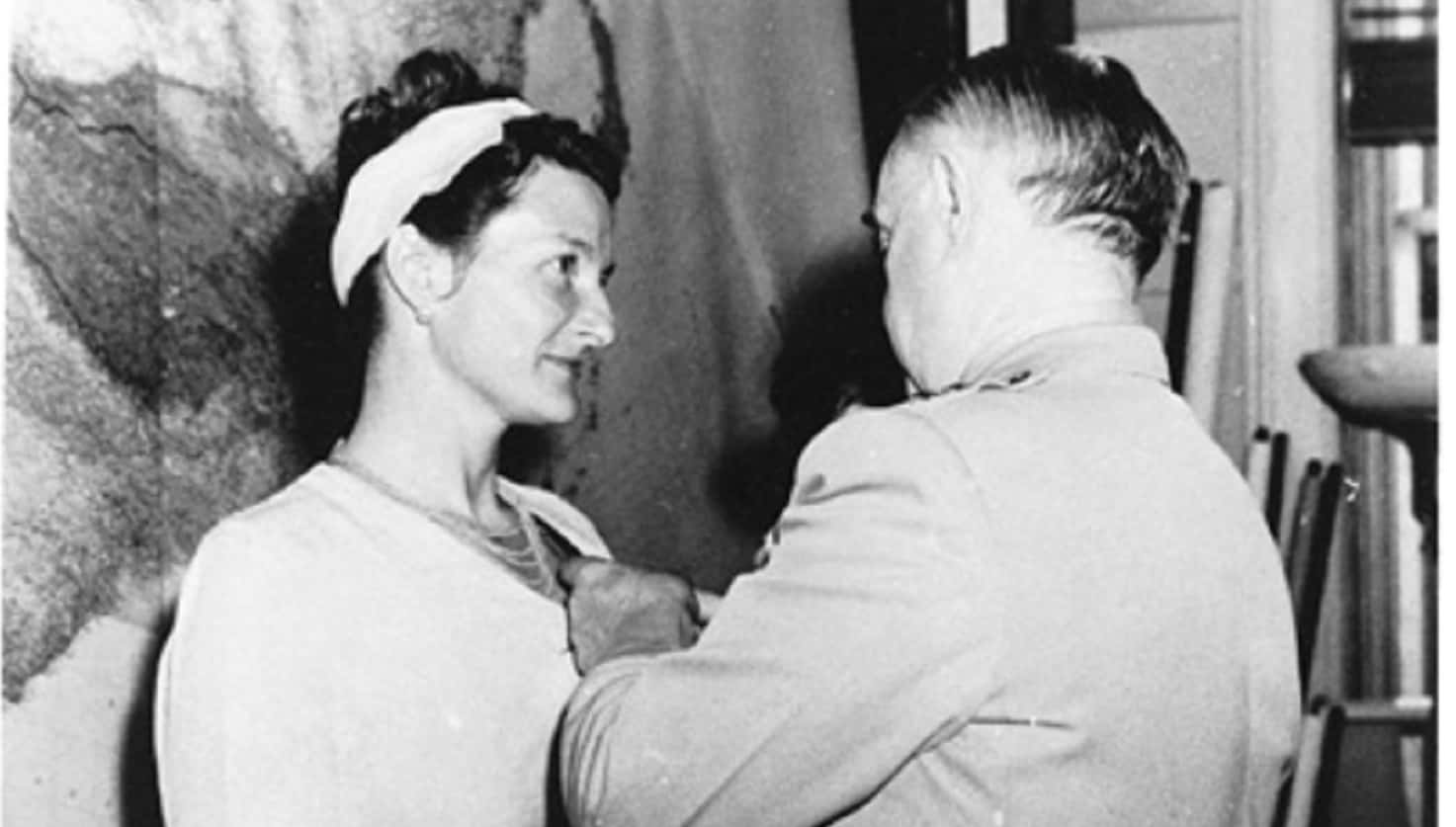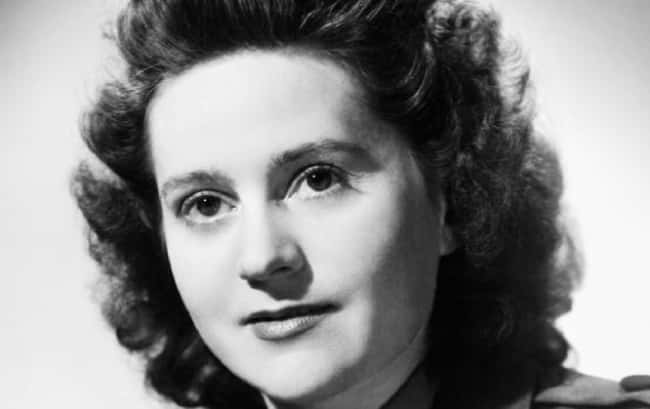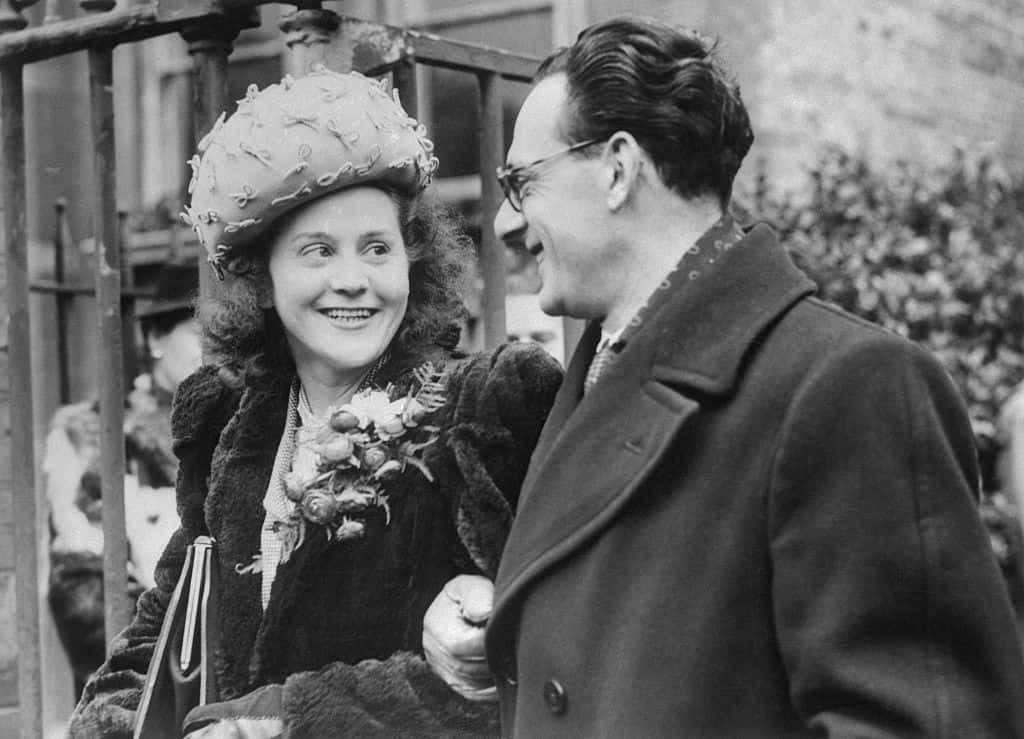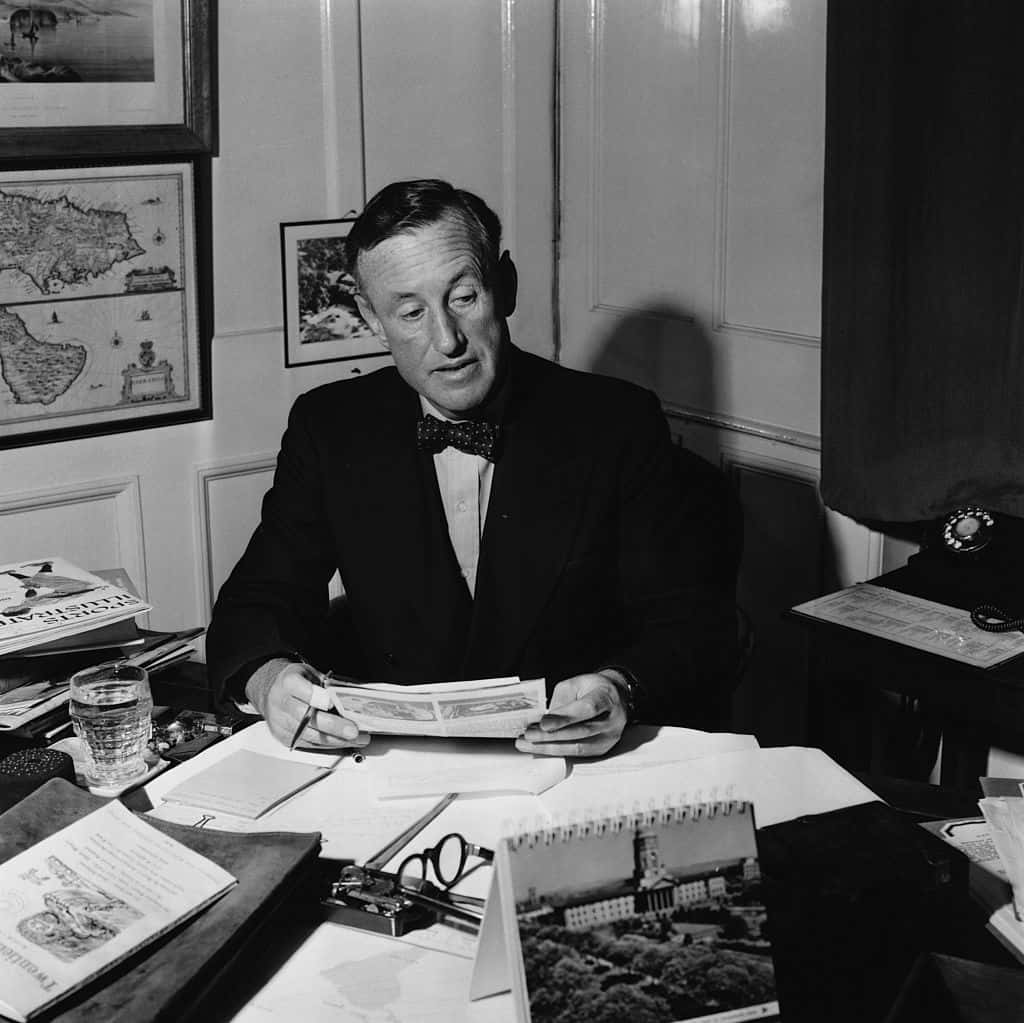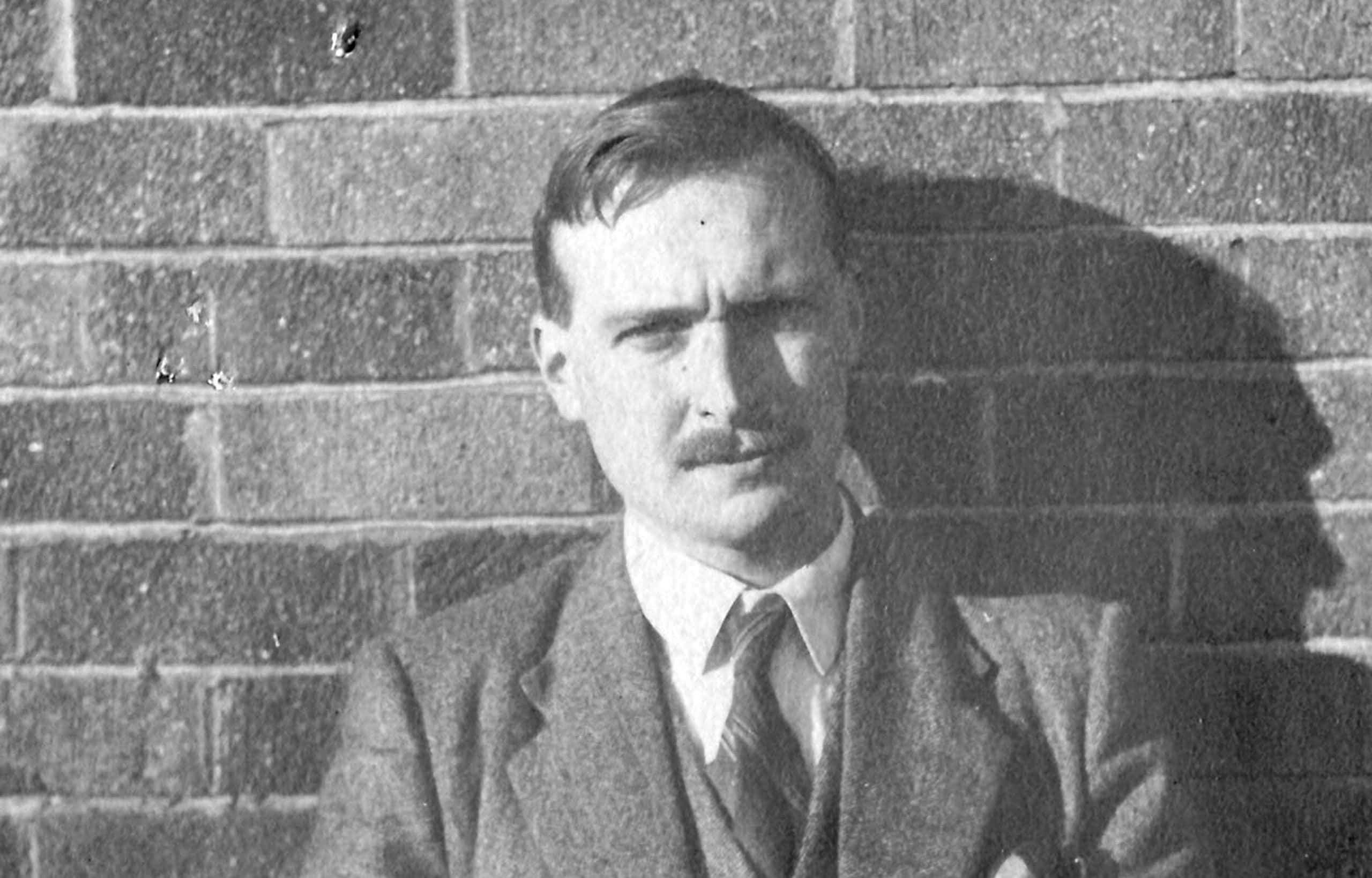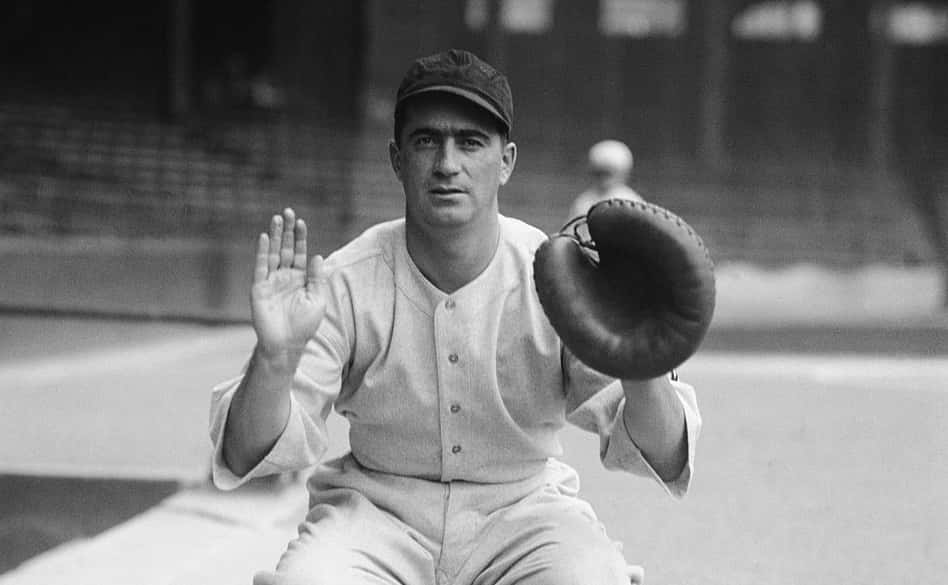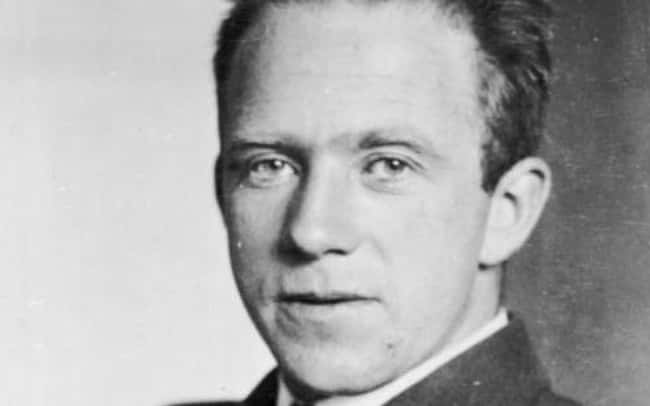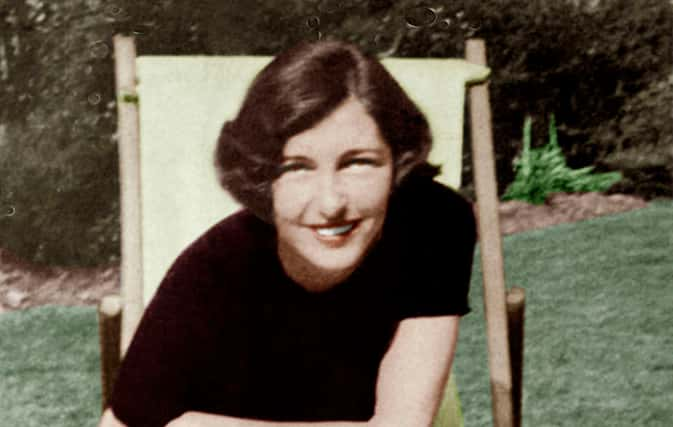"No spy, however astute, is proof against relentless interrogation. Some unforeseen circumstance, some trivial lapse, is pounced upon, exploited by the interrogator, until a break is complete".—Lt-Col Robin Stephens, Commandant of Camp 020, in charge of getting information from German spies in WWII.
From 1939 to 1945, the world buckled under the strain of constant battle. Under the surface of every battlefield, however, were two opposing (though often connected) sides of espionage agents, most of whom were under the direction of one of three major intelligence organizations. Some of those spies were politicians, criminals, even celebrities. Some were double agents, offering help from where one would least expect it, never to be trusted completely. It wasn’t until after the conflict that the full extent of their activities became known—if we even know everything today. And with the Cold Battle looming on the horizon, the true Age of Espionage was only beginning. Here are 42 classified facts about WW2 spies.
1. Wild Bill
Before the CIA, there was the Office of Strategic Services. The OSS was headed by William "Wild Bill” Donovan. Donovan had caught the attention of governmental higher-ups first as a soldier in WWI, and then as a zealous smasher of speakeasies during the Prohibition Era. Prior to being posted as head of the OSS, President Roosevelt had offered Donovan the governorship of the Philippines (which Donovan declined).
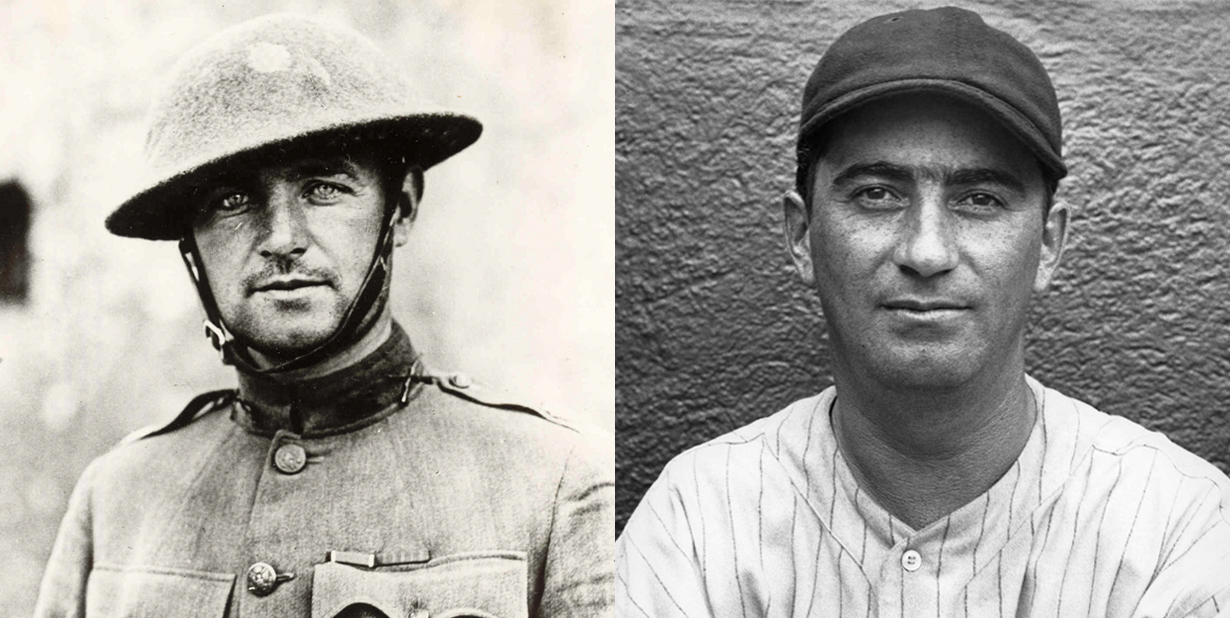
2. Hard Work
The British counterpart to the OSS, the Special Operations Executive, was headed by a number of different officers during the conflict. Its founding commander, Frank Nelson, resigned almost immediately, exhausted by the work it took putting the organization together.
3. The Abwehr
The main German intelligence service during the WW2 was called the Abwehr. Despite their role in the battle, many high-ranking officials of the Abwehr, including director Wilhelm Canaria, opposed the Nazis. Members of the Abwehr plotted execution attempts on Adolf H., helped Jews escape Germany, and even tried to negotiate a peace deal behind Adolf H. back.
4. The Scholar
Norman Holmes Pearson was a Yale professor and literary critic, and personal friend to famous writers Ezra Pound, HD, and WH Auden. During the conflict, he began working for X-2, the US’s counterintelligence wing stationed in London. His covert government work continued after the conflict: as a member of the OSS, and then the CIA, Holmes Pearson used his literary expertise to promote avant-garde American literature in Europe, quashing left-wing or Communist sentiments among Europe’s artistic elite.
5. Ring of Spies
In 1941, just days after the attack on Pearl Harbor, the FBI rounded up 33 German spies. The bust of the “Duquesne Ring” (named for their leader, South African Fritz Duquesne), was the largest mass-arrest of foreign spies in American history, and was made possible thanks to information provided by double-agent William Sebald.
6. Vanished
William Sebald, a German living in the US, was pressed into the German spy service for the sake of his family’s safety—it was, as they say, an offer he couldn’t refuse. He did, however, use his insider status to feed information to the FBI. Following the conflict, Sebald disappeared into the Witness Protection program and his fate remains unknown to this day.
7. A Dangerous Dance
The American-born dancer Josephine Baker was France’s biggest star during the Jazz Age. She showed her gratitude by working for the French Resistance during WWII, using her touring schedule to get into contact with politicians and army officials, and using her mansion to hide weapon and Jewish refugees.
8. A Song With A Message
In a particularly slick move, Baker would disguise her reports as sheet music. The songs she would circulate to Allied contacts spread across several neutral European countries would be written over with invisible ink.
9. Jumpin’ Joe
“Jumping" Joe Savoldi was born in Italy, but came to the US at the age of twelve. Salvodi took to the American way of life with aplomb: he starred for Knute Rockne’s football squad at Notre Dame and, as a professional wrestler, was credited with inventing the dropkick. During the battle, however, Savoldi used his knowledge of Italian dialects and geography to infiltrate the local mafia, break up the Italian black market, and support the resistance against Benito Mussolini.

Sign up to our newsletter.
History’s most fascinating stories and darkest secrets, delivered to your inbox daily. Making distraction rewarding since 2017.
10. Call Me Giuseppe
During another mission, Savoldi disguised himself as Giuseppe DeLeo, an actual Italian captain who had been captured in North Africa. As DeLeo, Savoldi helped secure the surrender of an entire Italian naval fleet, and assisted in an abandoned plot to overthrow Mussolini.
11. That Seals It!
When the battle was finally over, the Soviet government gifted US ambassador Averell Harriman with a large wooden carving of the seal of the United States. The seal hung in the ambassador’s office for years; neither Harriman nor his successors ever suspected that the seal was bugged, and they wouldn't discover that fact until 1952, seven years after he first put it up.  Wikipedia
Wikipedia
12. The Joy of Cooking
While in Sri Lanka, Child was given her first personal assignment: keep the dang sharks from triggering underwater mines! No seriously—she used her natural cooking talents to invent a shark repellant that is still used today.
13. Oh No, Coco!
During the battle, fashion icon Coco Chanel carried on an affair with a German officer named Hans von Dincklage. It is now suspected that Chanel may have been more than von Dincklage’s lover, and that the two may have been working to recruit spies for the Abwehr.
14. Gadgets Galore
WW2 was a time of great ingenuity in battle. This was especially true of the tools placed at a spy’s disposal. Items frequently issued by the OSS or the SOE included decks of cards which concealed maps, stogie laced with Indian hemp (which has a similar effect to morphine), and a pistol designed to look like a pipe.
 Pexels
Pexels
15. The Professor
Many of these items were thought up by a Boston chemist named Stanley Lovell. As head of the OSS’s Research and Development Branch, Lovell was given the nickname “Professor Moriarity” by William Donovan, head of the OSS.
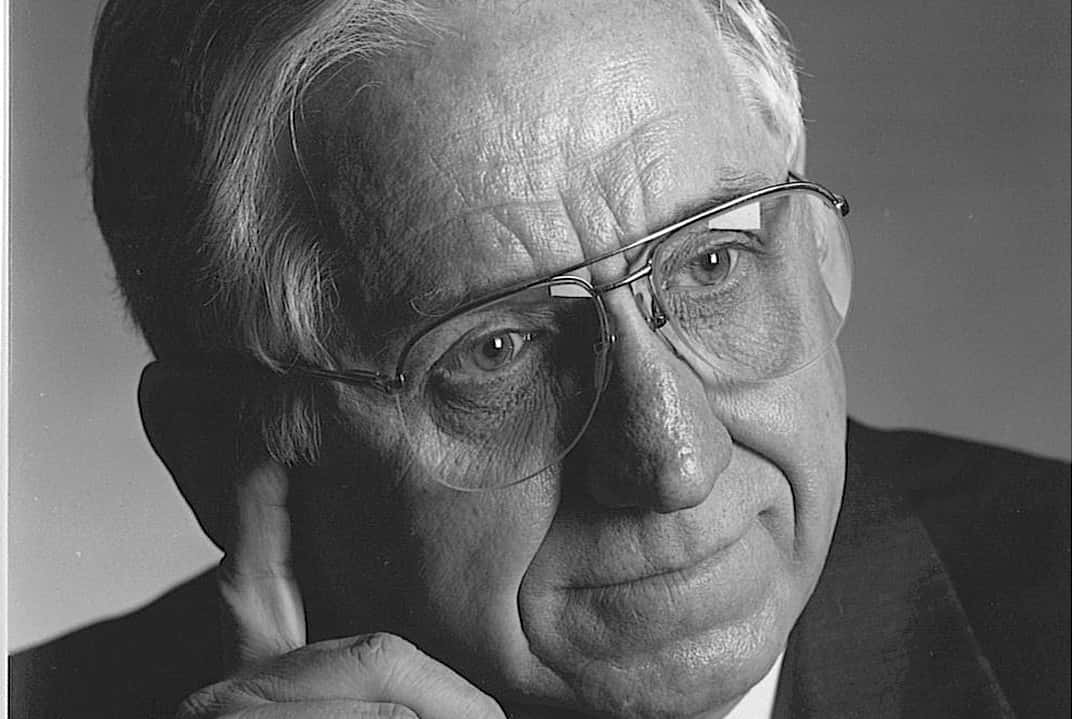 Wikimedia.Commons
Wikimedia.Commons
16. Thanks, But No Thanks
After the battle, Berg was awarded the Medal of Freedom for his efforts. He declined the honor, but continued working for the OSS and CIA.
 Pexels
Pexels
17. Atomic Spies
As the US government and its team of scientists worked on the atomic weapon, they remained watchful for foreign operatives who might be monitoring their progress. But the Americans were less concerned with Nazis than with their ostensible allies, the Soviet Union. And they were right to be concerned: several people involved with the Manhattan Project were known to be passing information on to the Soviets. Some, like George Koval and Theodore Hall, weren’t discovered until long after the battle was over.
18. Impractical Jokes
Not everyone took the words so seriously; Richard Feynman, one of the top physicists on the Manhattan Project, amused himself by breaking into safes around the compound and leaving little notes. Feynman’s colleague, Frederic de Hoffman, was such a frequent target for these pranks, he began to believe he was the subject of an espionage campaign.
 Flickr
Flickr
19. The Ministry for Ungentlemanly Battle
In 1940, Winston Churchill authorized the creation of the Special Operations Executive, a top-secret intelligence outfit that came to be known as “the Ministry for Ungentlemanly Battle,” and which employed a number of future celebrities. Notable SOE operatives include playwright Noël Coward and actor Christopher Lee.
20. Better ’omes and Gardens
The SOE kept its secret headquarters at a house on Baker Street in London (causing some to refer to them as the “Baker Street Irregulars,” after Sherlock Holmes’ network of street-urchin-spies). They also requisitioned a number of manor homes around the English countryside; this time, people quipped SOE stood for “Stately ’Omes of England".
21. Life’s Not Always A Giant Peach
Contrary to popular legend, Roald Dahl was not officially a member of the Ministry for Ungentlemanly Battle. He was, however, tasked by MI6 with keeping Churchill abreast of any hush-hush goings on Washington, DC, work he found dreadfully boring.
22. The Doctor Who Talked
The lynchpin of German spy operations in the United States before the battle was an obstetrician named Dr. Ignatz Griebl. He knew everything, and he was all too happy to prove it when the FBI finally caught up to him in 1938. Having spilled the beans on all his colleagues, and implicated himself in the process, the FBI interrogators simply let Griebl waltz out the door, assuming he’d show up before the grand jury. Obviously, he did not. Griebl disappeared, resurfacing in Austria, where he reopened his clinic and engaged in absolutely no spying ever again, honest.
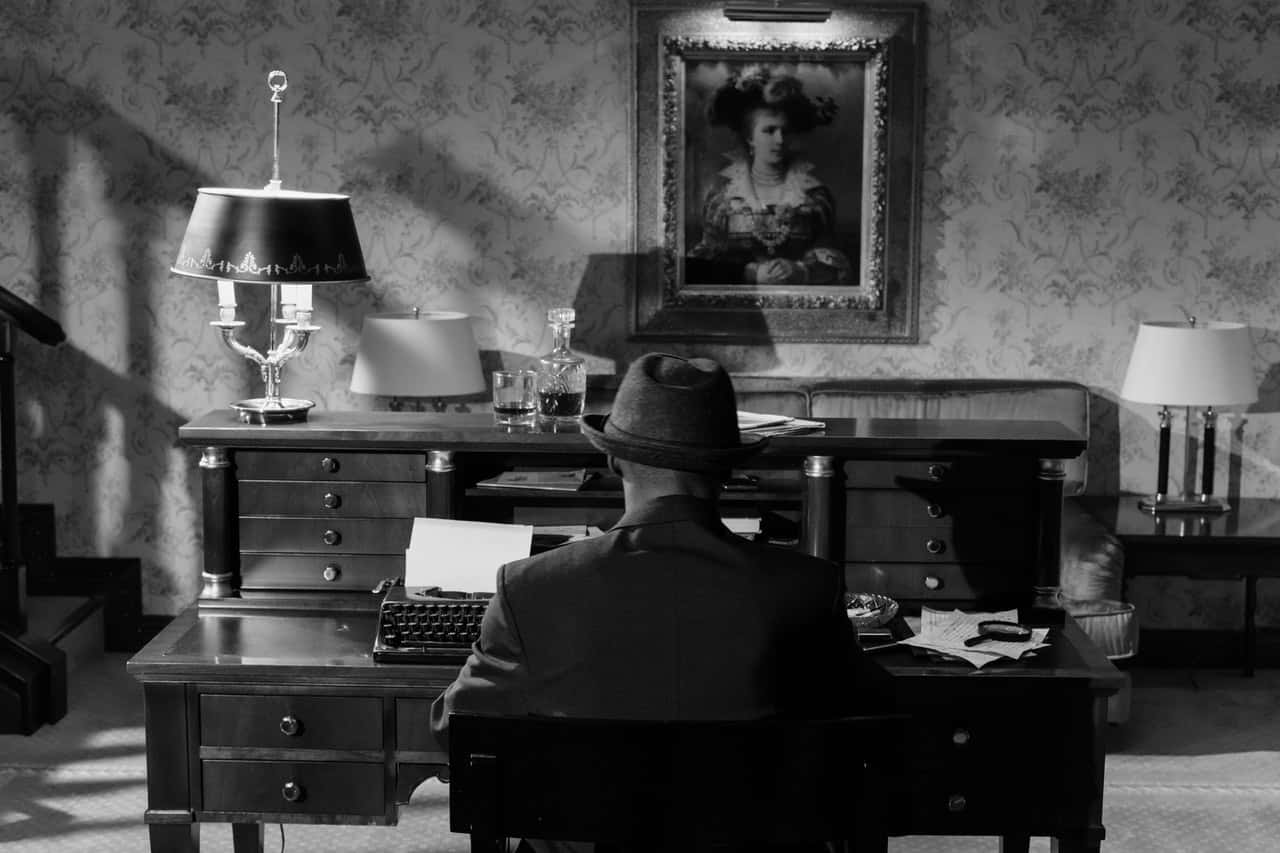 Pexels
Pexels
23. Double Agent
During his time in the States, Dr. Griebl served in the Army Reserve. His spy work also earned him an honorary Captain’s rank in the Luftwaffe. This makes Ignatz Griebl the only person to have served simultaneously in the American and German armed forces. 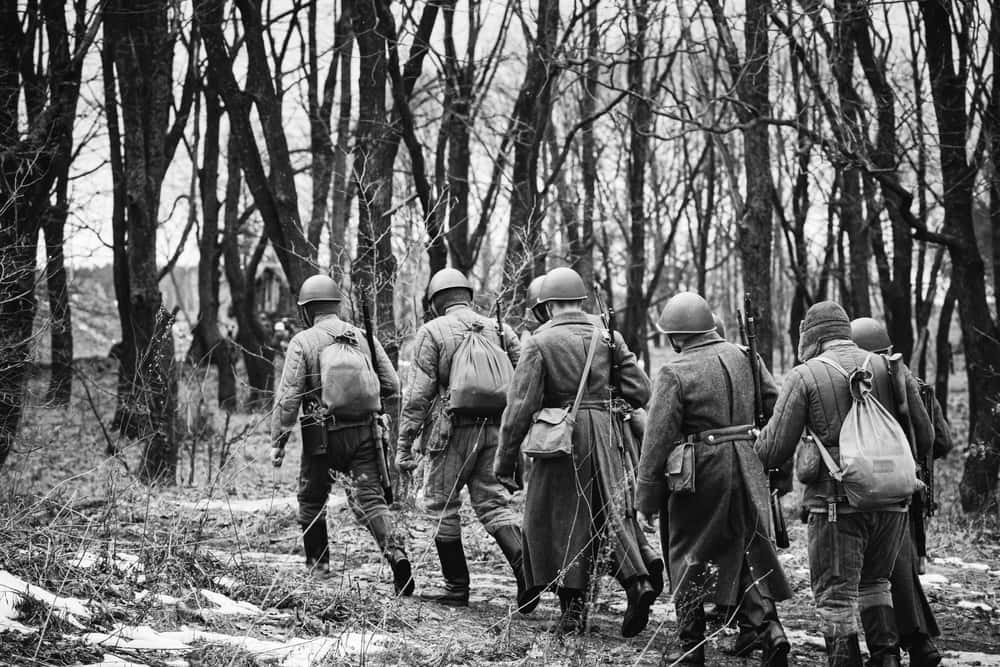 Shutterstock
Shutterstock
24. Hide and Seek Champion
Griebl managed to last out the battle in Salzburg, but once the battle was over, he was placed under arrest by Allied army for skipping out on his 1938 indictment. Once again, Griebl managed to escape. This time, he made sure to stay lost. In 1950, after years of searching, the US government formally decided to give up. Dr. Griebl’s whereabouts remain unknown.
25. Salon Kitty
In 1939, the Nazis took over operations of the most popular adult club in Berlin, Salon Kitty. All the employees of Salon Kitty were replaced with specially-trained young women who had been hired through an ad that read: “Wanted are women and girls, who are intelligent, multilingual, nationalistically minded and furthermore man-crazy".
26. Seriously, Guys?
Salon Kitty, which had been thoroughly bugged and also housed a secret translation and communications room in the basement, was blasted out of existence in 1942. Ultimately, it probably gathered more dirt on Adolf H. friends than on the Allies: among the salon’s most notable “guests” were Italian dictator Benito Mussolini and German propagandist Joseph Goebbels, who apparently hadn’t gotten the memo on Salon Kitty's new insidious nature.
27. The Plot Against Adolf’s Mustache
There were numerous plots to end or discredit Adolf H. throughout the conflict, some of them even planned by the Germans themselves, but perhaps the silliest was the plot to lace Adolf’s food with estrogen. It wouldn’t end him, but the hope was that it would cause his trademark mustache to fall out and raise the pitch of voice, diminishing the power of his speeches.  Bundesarchiv, CC BY-SA 3.0 DE, Wikimedia Commons
Bundesarchiv, CC BY-SA 3.0 DE, Wikimedia Commons
28. Operation Magpie
Operation Magpie, a disastrous attempt at espionage by the Nazis, began with two men climbing out of a submarine in Maine. Given a budget of more than $50,000 and tasked with tracking the success of German propaganda in the US while monitoring battle manufacturers, American defector William Colepaugh and German intelligence officer Erich Gimpel caught a train to Manhattan and set themselves up in a posh apartment. The two achieved none of their goals, and the whole mission went belly up when Colepaugh take the money, went on a drinking spree, and spilled the beans on the whole operation.
29. Because Who Could Hate Canada?
In 1942, an Abwehr agent named Marius Langbein landed a submarine in tiny St. Martin’s, New Brunswick in Canada. He was supposed to monitor shipping activity between the Canadian cities of Halifax and Montréal. But Langbein had lived in Canada before the conflict, and still thought fondly of the country. Instead of carrying out his mission, he turned himself in.
30. The Technicality
After spending a month in Ottawa on the Abwehr’s dime, enjoying life in a non-dictatorship, Langbein turned himself in to the Royal Canadian Mounted Officers. When he was brought to trial, however, the judge decided that, since Langbein technically didn’t carry out his mission, he couldn’t be convicted of espionage.
31. The Spy With One Leg
Virginia Hall was training for foreign service when a hunting accident cost her her left leg. Unable to continue with the Department of State, Hall decided instead to become a badass spy. As part of the SOE, she coordinated training programs and sabotage missions with the French Resistance, and personally led a squad that ended or captured nearly 700 German army man.
32. A Foot In The Grave
Hall might have been one of the smartest, deadliest agents in the whole battle, but she had a sense of humor, too. She gave her artificial foot a codename, “Cuthbert". Her SOE superiors were not in on the joke: while planning an escape, she remarked “I hope Cuthbert doesn’t give me any trouble;” a reply was sent advising her to “eliminate Agent Cuthbert if necessary".
 Wikipedia
Wikipedia
33. Uncle Winston
Odette Sansom is the only person to receive the George Cross while still alive, and the only woman to receive both the George Cross and the Chevalier de la Légion d’honneur. A courier for the SOE, Sansom was captured, along with a fellow operative named Peter Churchill, and brought to Ravensbrück concentration camp. Sansom claimed Churchill was both her husband and the nephew of Winston Churchill, which made the commandant of the camp so anxious that he drove her to the American line himself and surrendered them.
34. A Real Meet-Cute
Odette Sansom and Peter Churchill did get married after the battle. Both remained utterly unrelated to the British PM.
35. The Floating Spy
Prior to launching their invasion of Sicily, American operatives enlisted the body of an Italian vagrant. They dressed him in an officer’s uniform, handcuffed him to a briefcase containing fake plans for an invasion of Greece, and drifted him to shore in Spain. The plan worked: while the Allies were seizing control of Sicily, the Germans were waiting for an invasion of Greece that never came.
 Unsplash
Unsplash
36. That’s A Stretch
Long before she was the world’s most famous chef, Julia Child was a researcher for the OSS. She began working for the spy agency as a typist (she had been too tall to join the Women’s Army Corps), which led to her handling classified documents in Sri Lanka.
37. Stephenson, William Stephenson
Among Roald Dahl’s contacts in Washington was a Canadian spy named William Stephenson (codename, Intrepid). Stephenson was also acquainted with Dahl’s colleague, Ian Fleming. Fleming later based his spy-novel hero, James Bond, on Stephenson.
38. Intrepid Entrepreneur
Following WW1—in which he served with distinction as a fighter pilot—Stephenson settled down to the peaceful life of becoming a millionaire. He owned manufacturing companies (for radios, airplanes, and cars), cement and concrete quarries, even film studios, but his fortune came mainly from a patent on an early kind of fax machine. Stephenson’s bevy of international business contracts, and his familiarity with cutting edge communications technology, made him the ideal spy/Batman.
39. Camp X
Stephenson ran “Camp X,” a top-secret spy school for British, Canadian, and American operatives, located near Whitby, Ontario. The camp was so secret that not even the Canadian prime minister knew what it was for. Today, the site of Camp X is home to a public park, named “Intrepid Park” in Stephenson’s honor.
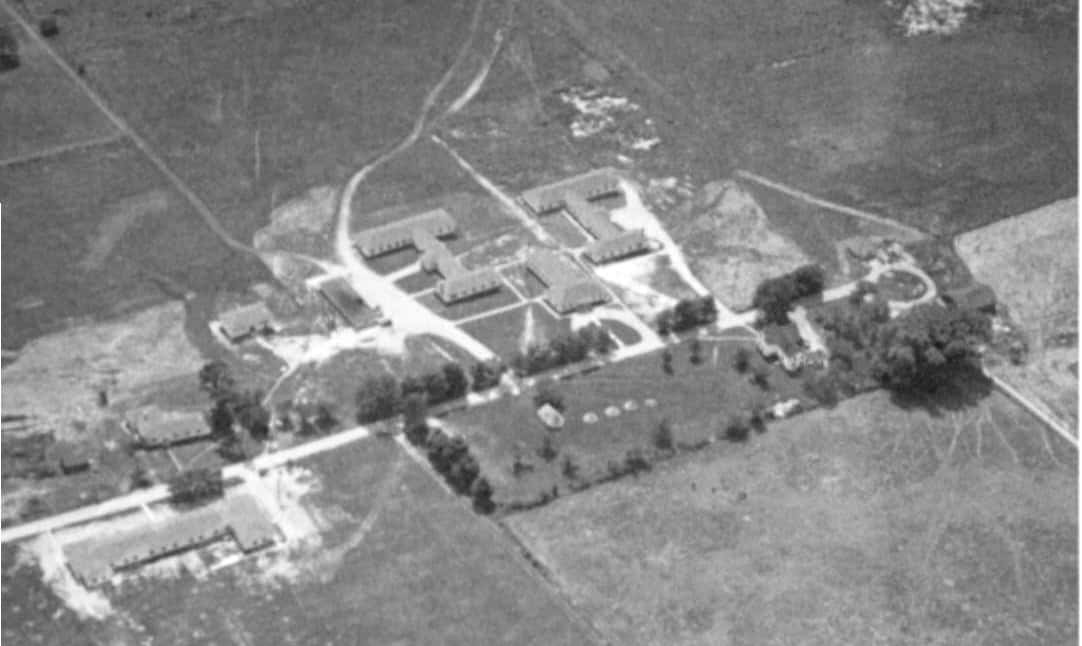 Wikipedia
Wikipedia
40. The Strangest Man to Ever Play Baseball
Most baseball fans wouldn’t have thunk it, but Boston Red Sox catcher Morris “Moe” Berg possessed a dazzling intellect. Called “the Strangest Man to Ever Play Baseball” by Hall of Famer Casey Stengel, Berg would sometimes read ten newspapers simultaneously. Berg’s gifts for language and memorization caught the attention of OSS officials, and Berg spent the battle interviewing European physicists, tracking Germany’s progress on the atomic weapon.
41. Heisenberg
While posted to Switzerland, Berg attended several lectures by Nobel Prize-winning physicist Werner Heisenberg, who was suspected of collaborating with the Nazis. Berg had specific instructions to end Heisenberg if it seemed like the Germans were getting close to developing a device.
42. Miss Poland
began her career as a beauty queen but found herself parachuting into France on D-Day. Using the name Christine Granville, the former Miss Poland worked as a spy for the British, helping to secure the release of several British POWs. After the conflict, she took up work as a stewardess, but sadly she couldn’t escape danger: she was hurt and passed in 1952 by a would-be suitor whose advances she had rejected.
Sources: 1, 2, 3, 4, 5, 6, 7, 8, 9, 10, 11, 12, 13, 14, 15, 16, 17, 18, 19, 20, 21, 22, 23, 24



